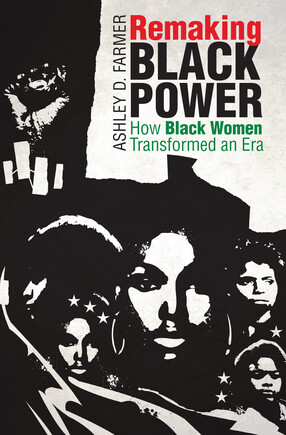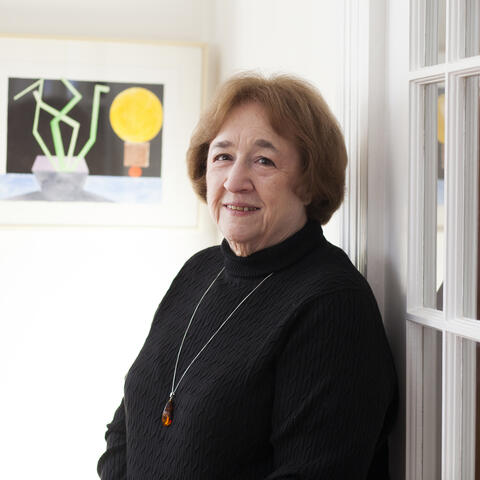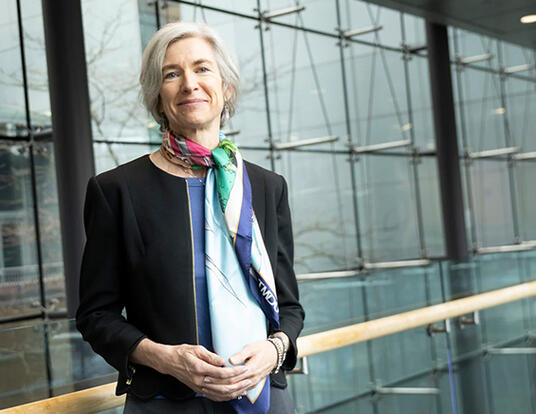Where were the women?
As a scholar, Ashley D. Farmer, AM ’08 in history, PhD ’13 in African American Studies, knew that the condensed, male-dominated narratives of the American Black power and civil rights movements were obscuring stories of women who played both leading and supporting roles in events that changed, and continue to change, lives. While middle school children everywhere can recite a tweet-length profile of Rosa Parks, Farmer wanted to learn about the many other women whose ideologies and intellectual and cultural contributions had been largely ignored. Following leads as precarious as parenthetical asides in news reports, Farmer has brought to light these 20th-century African American women thought leaders, from visual artists to organizers of domestic workers, in her new book Remaking Black Power: How Black Women Transformed an Era.
Farmer’s book is an important corrective to accounts of what is often labeled a patriarchal movement. It provides intimate profiles of the hidden figures of that movement: women like activists Claudia Jones, Alice Childress, and Mae Mallory, who reimagined “working-class Black women as nationalist political actors” in a time when 80 percent of Black women in the United States were employed as domestic workers. Farmer, now an assistant professor of history and African American studies at Boston University, reframes the Black power movement with stories of women who organized and led boycotts and suffered the indignities of White oppressors while “operating as feminists.” They showed that “Black women didn’t just blindly accept sexism but made groups more gender conscious,” says Farmer.
“We are in a moment when Black women are getting more recognition for their activism and grassroots work,” says Farmer, whose book draws on interviews with activists, women who she found alive and well and still working, to “tell a broader story.”
“People had written about Black women as rank and file but not as intellectuals,” says Farmer. “I thought I was progressive and advanced in my thinking but I had to un-train myself,” she adds, no longer glossing over articles that focused on Black women’s artwork, handbooks, and women’s magazine columns.
Consider Farmer’s subject Mae Mallory, who, while spending her days cleaning Whites’ homes, “navigated the Harlem landscape, attending meetings, voicing her support for African liberation.” In 1961, Mallory helped host the Freedom Riders action in Monroe, North Carolina, and was imprisoned for supporting radical Black activist leaders. Her prison writings about the Black condition were published in Black newspapers and leftist magazines around the country, writes Farmer.
“Most people I write about don’t fit the existing civil rights narrative,” says Farmer, who points to the prevailing “King-centric” story of a “triumphant road to democracy” that spans the decade between the 1955 bus boycott and the 1965 passage of the Voting Rights Act. Active from the 30’s to the 80’s, some of the women she profiles, says Farmer, “were interested in moving away from established things, creating their own structures.” Remaking Black Power pays long overdue tribute to these women, and, as author Ula Yvette Taylor puts it, shifts our gaze “from the well-worn paternalistic utterings of male leaders to women who imagined empowerment on their own terms.”






